China sends law enforcement to Sri Lanka after request to tackle 'cybercrime'
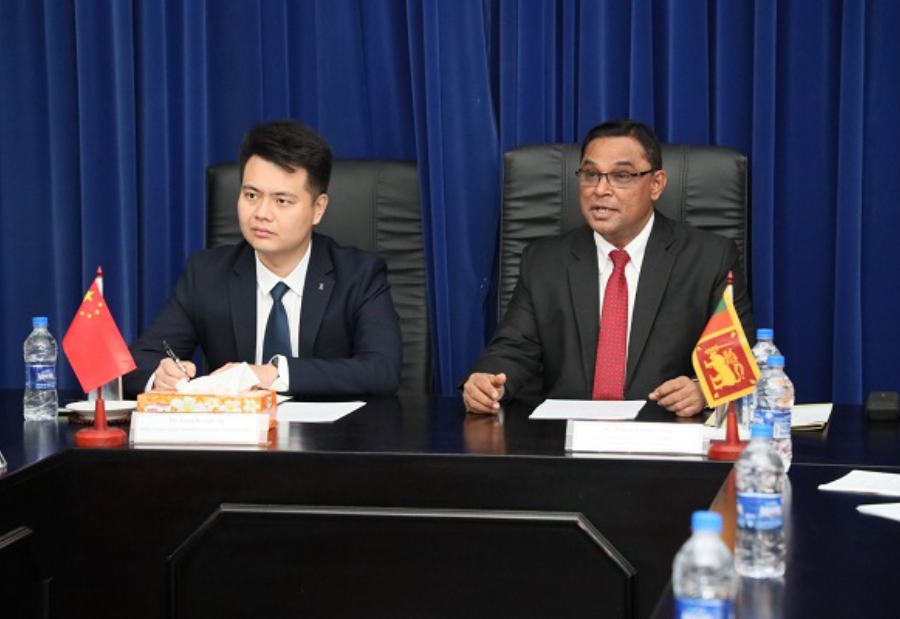
Following a diplomatic request from the Criminal Investigation Department (CID) of Sri Lanka, the Chinese Government have sent 10 law enforcement officials to assist Sri Lanka tackle a reported rise in cybercrime by foreign nationals.
Last Monday, a meeting was held with the visiting delegation in Colombo. The Chinese team included Police Supervisor Yang Wang Feng and other officials from the Ministry of Public Service of China as well as police officials. The team will remain in Sri Lanka for one month to help tackle cybercrime.
Recently, Sri Lanka has been battling a growing challenge of cybercriminal activities involving foreign nationals from nearby countries such as China, Malaysia and India. In the past few months alone, Sri Lankan authorities claimed to have made 72 arrests with links to online gambling and other cybercrimes.
Sri Lankan authorities say the main challenge to these investigations is the language barrier as most suspects speak Mandarin, which makes analysing digital evidence difficult for Sri Lankan authorities.
Deputy Inspector General of Police (DIG) Rohan Premaratne of the CID stated, “Criminals are becoming more sophisticated, using the names of multinational corporations like Amazon to recruit unsuspecting young people, often children, for illegal activities through various advertisements. Many school children are involved in money laundering. Unfortunately, many of these individuals don’t realize they are involved in crime until it’s too late, and we have to arrest them and work within the framework of Sri Lankan law.”
The CID also claimed it intends to work closer with international groups such as the Council of Europe to improve Sri Lankan legal frameworks for tackling cybercrime.
Collaboration between China and Sri Lanka is substantial with Beijing having supplied military aid and weaponry, during the decades of armed conflict against the Tamil independence movement. Chinese-supplied items include artillery, tanks and other heavy weapons, which were used to devastating effect and killed thousands of Tamils. The Sri Lankan Navy also used large numbers of Chinese-built gunboats and the Air Force used a number of Chinese-made K-8 jet trainers. Supplied weaponry and military aid were some of the factors which enabled the Sri Lankan government to commit war crimes against the Tamil population.
Read more here.

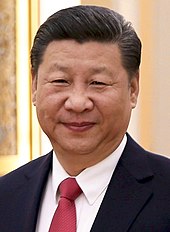

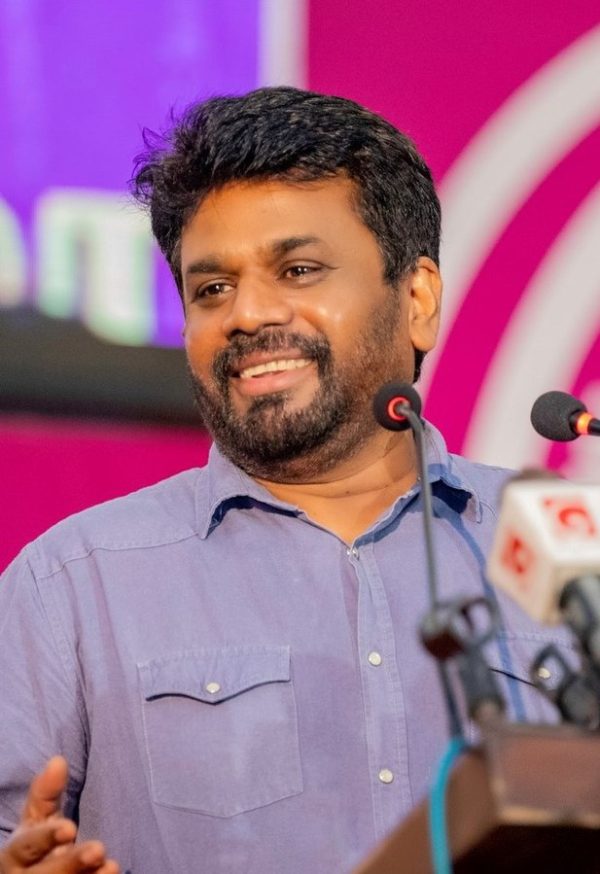

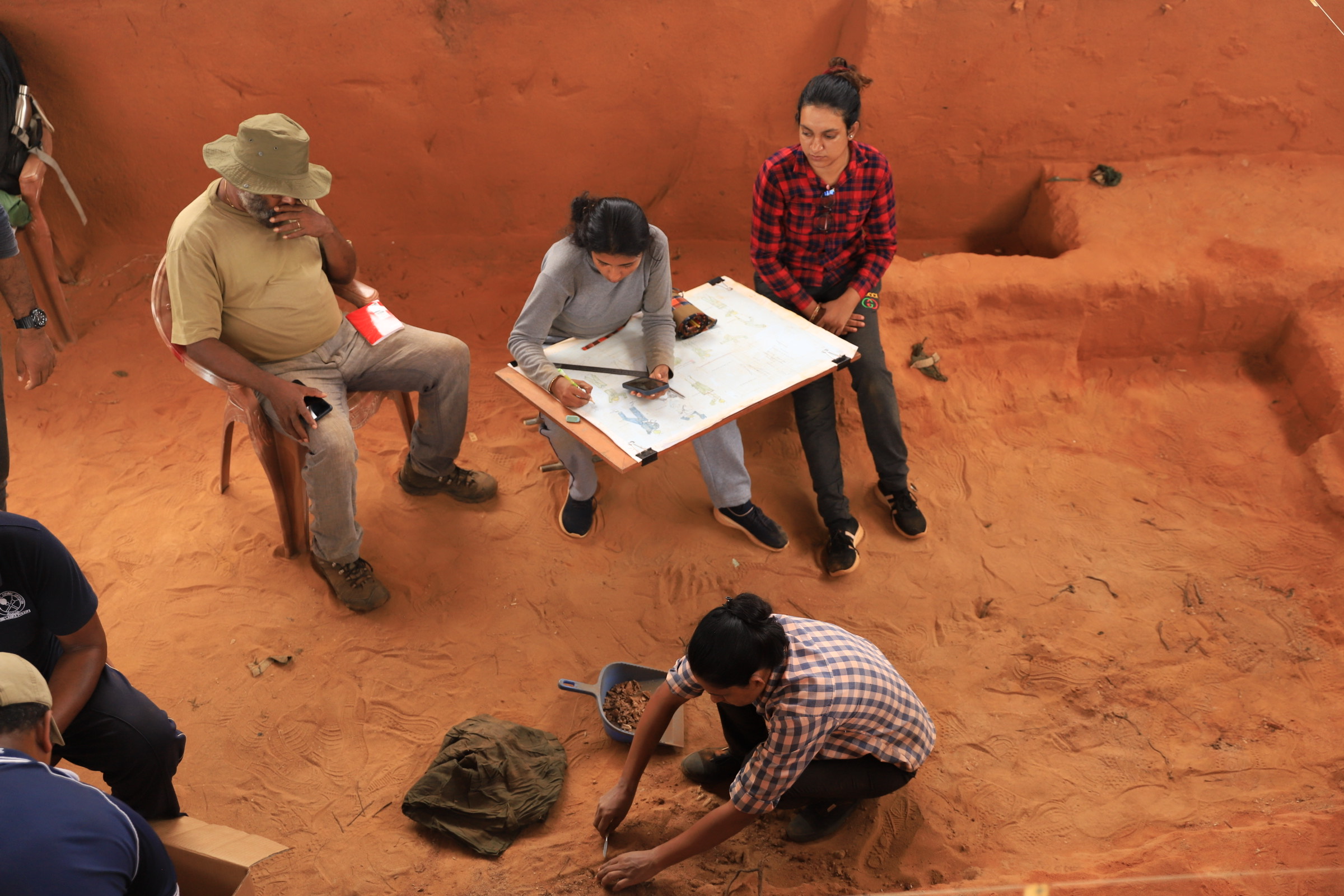
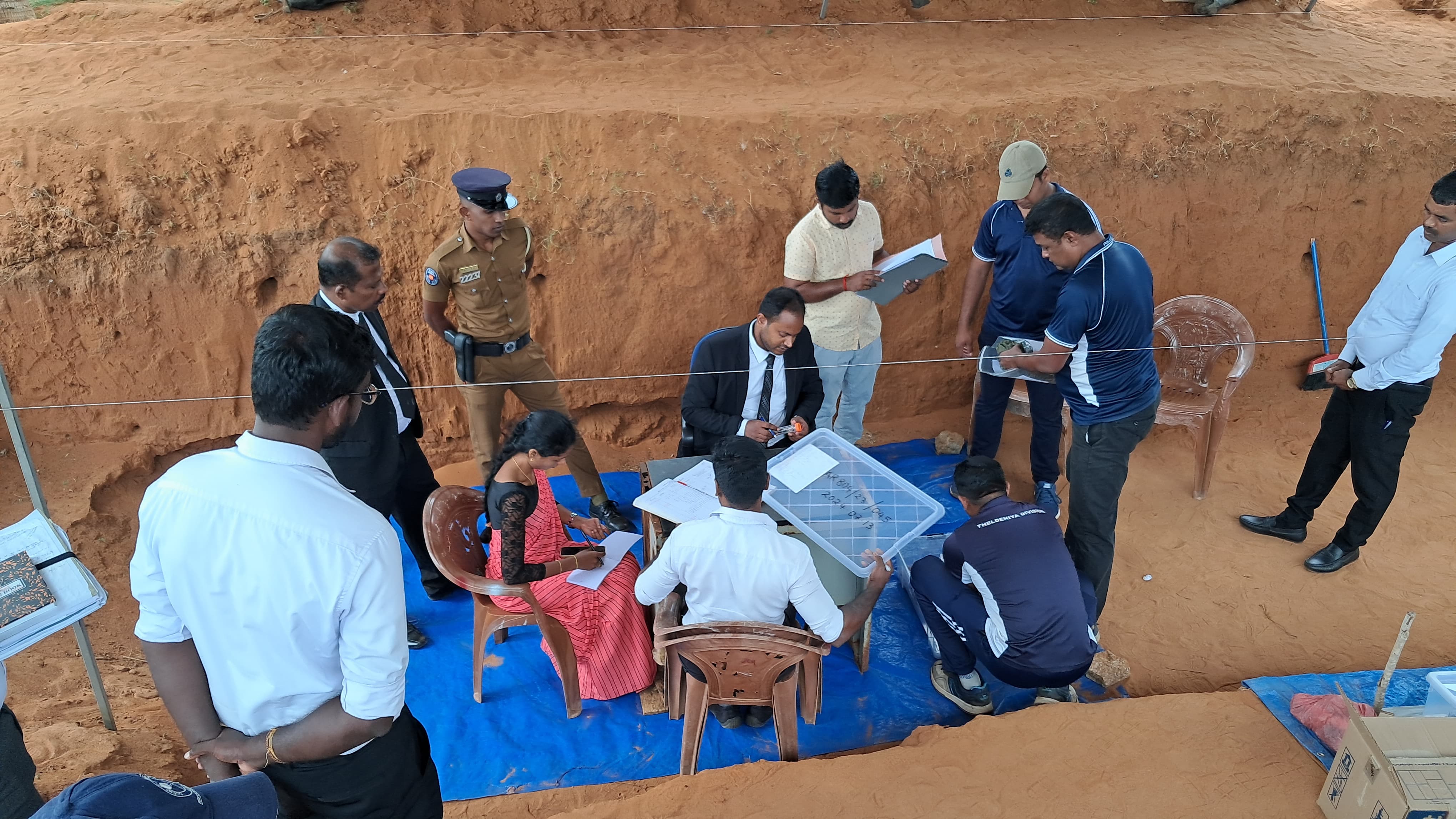



.jpg)
.jpg)
.jpg)

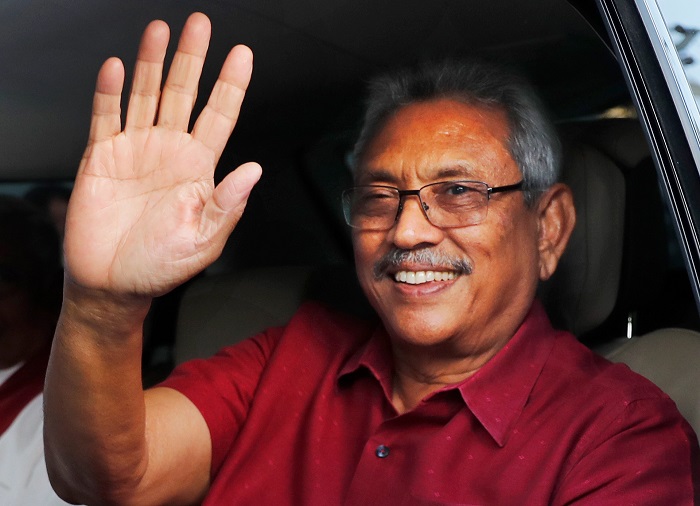

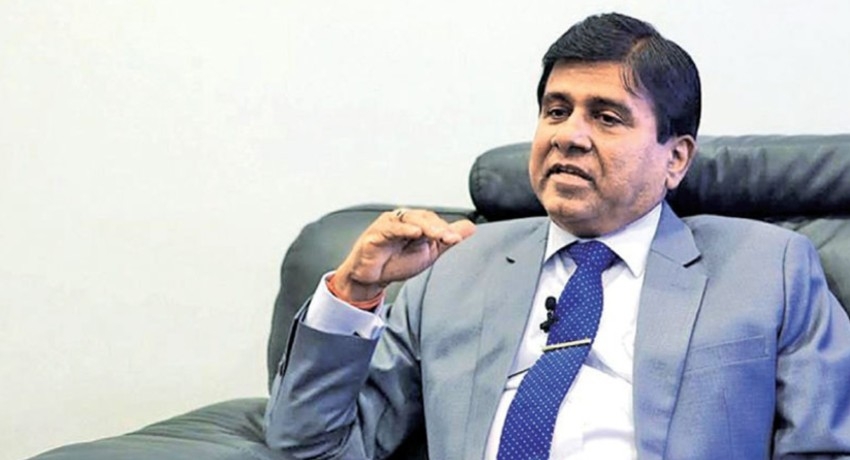

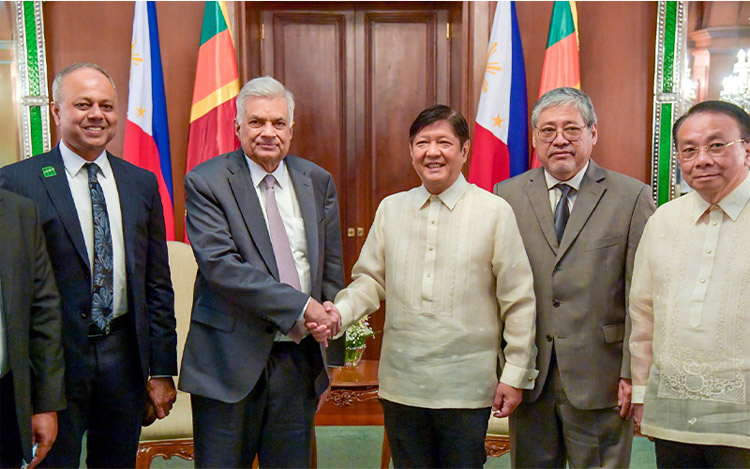
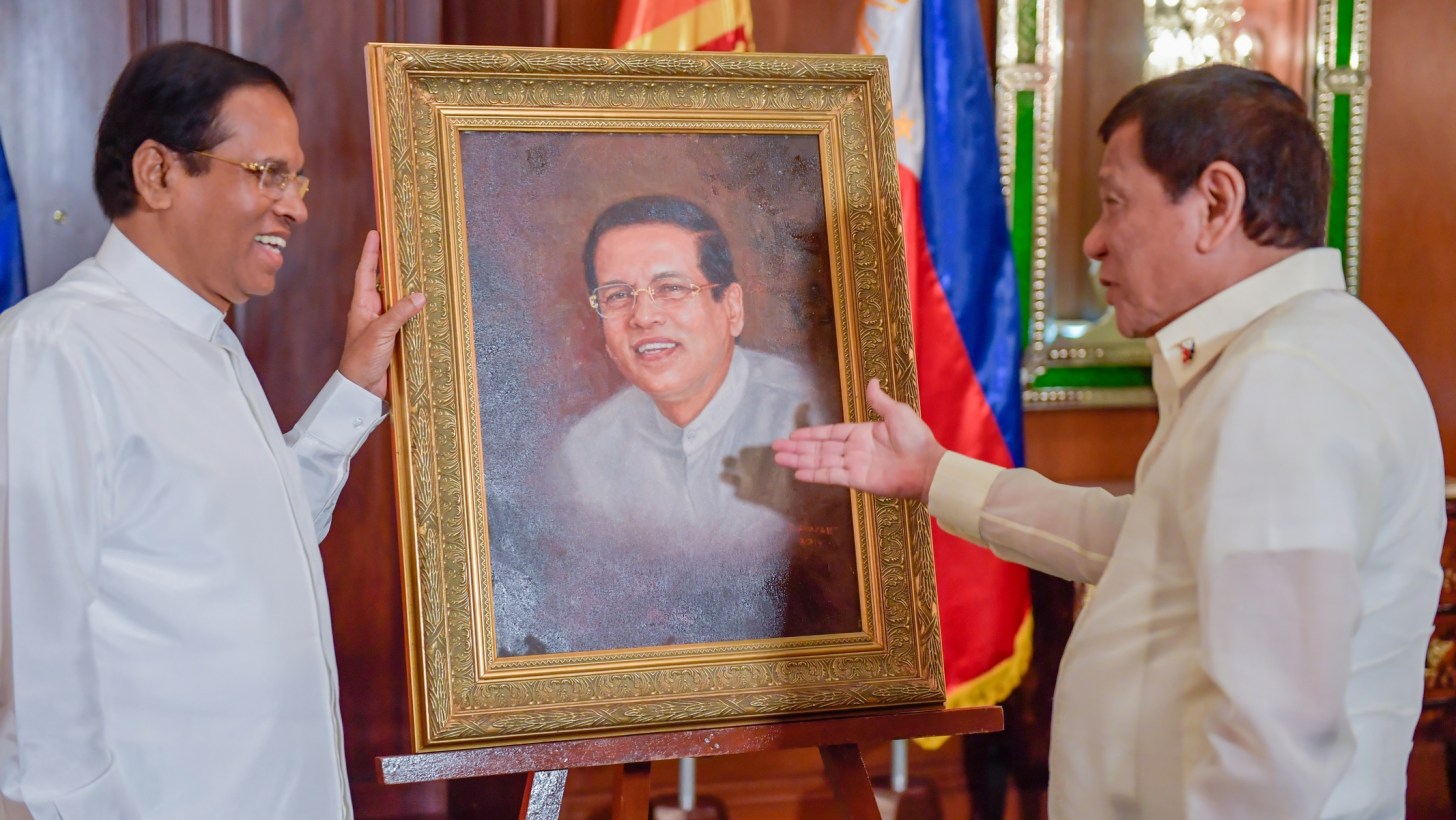

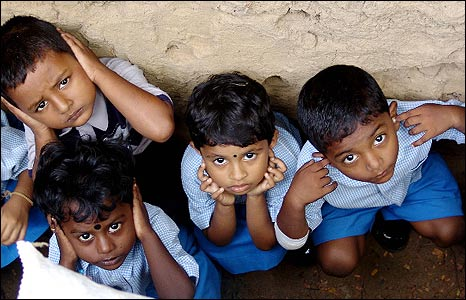
.JPG)

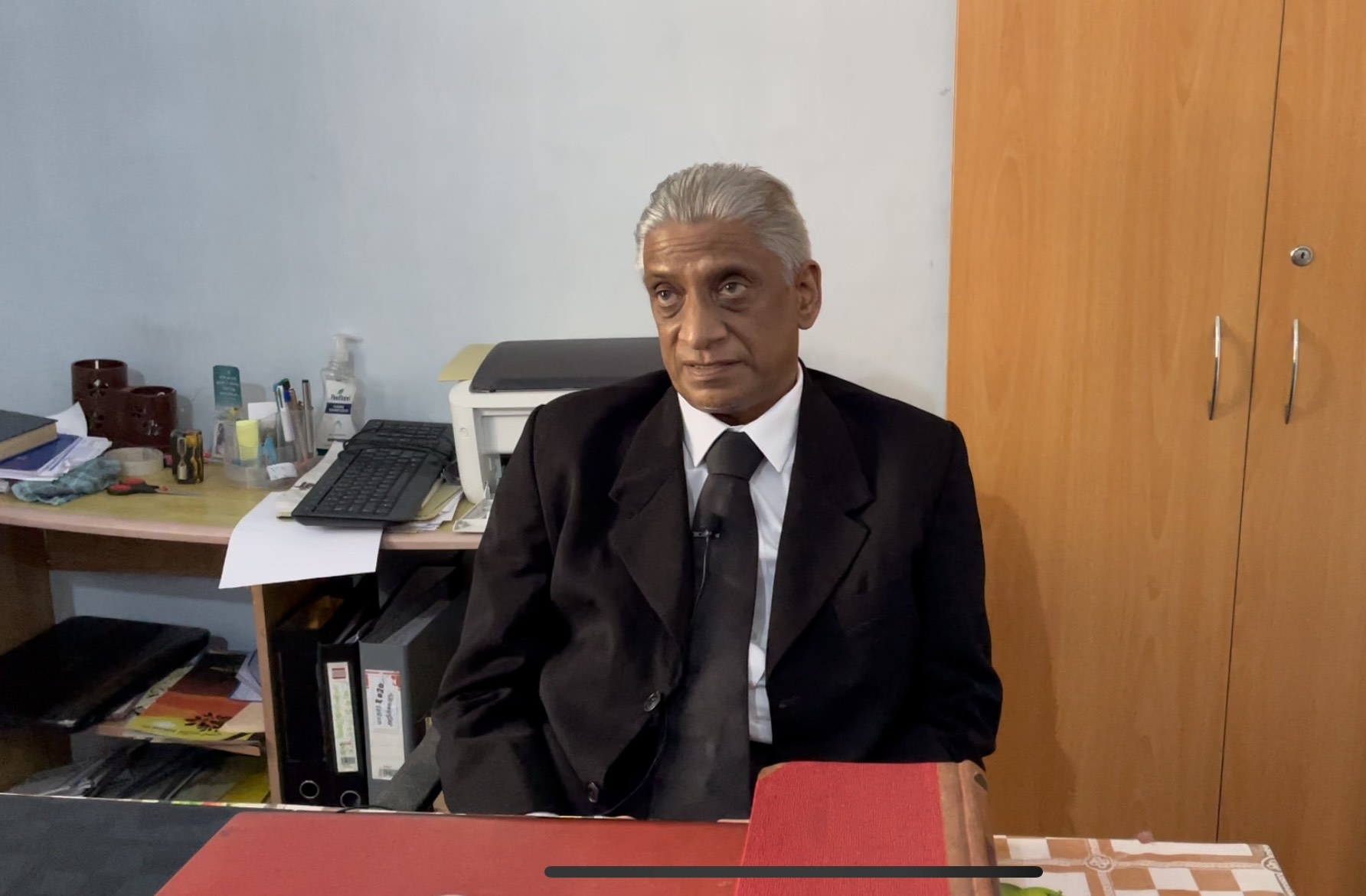 Senior Attorney K Ratnavel
Senior Attorney K Ratnavel
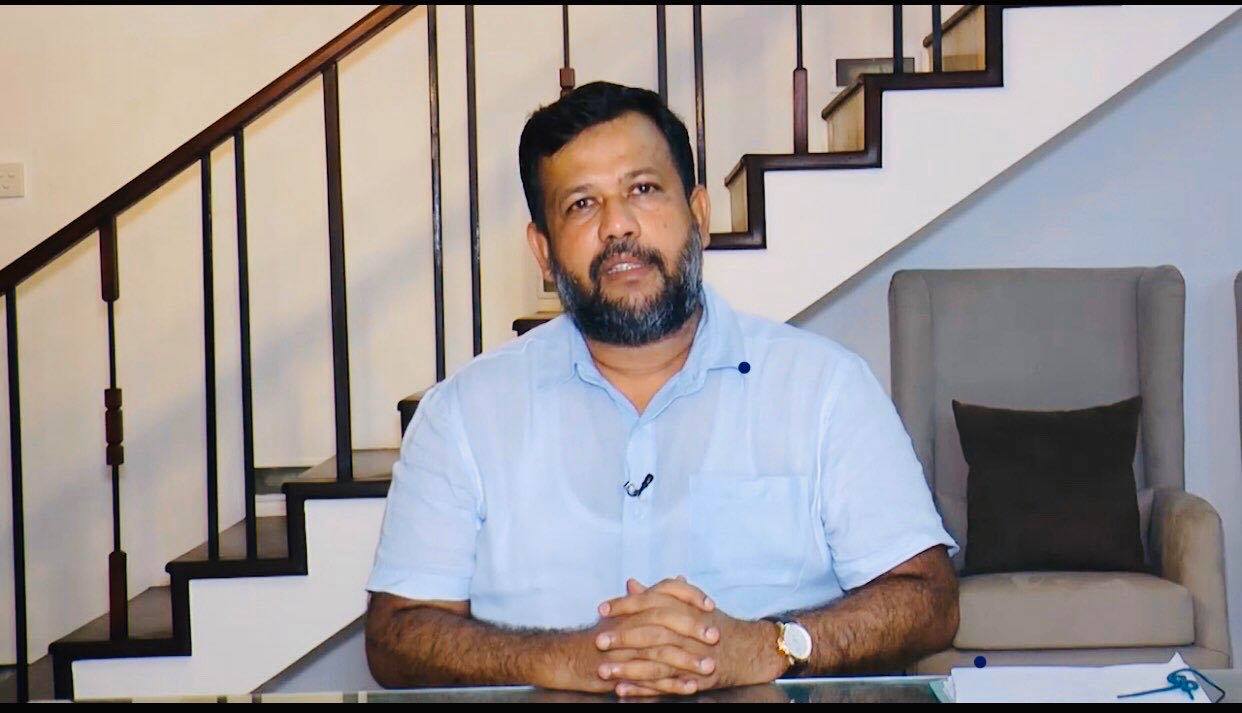

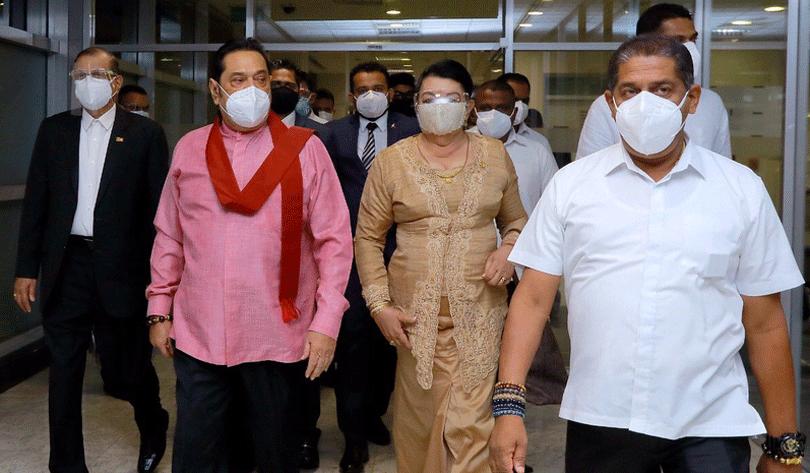

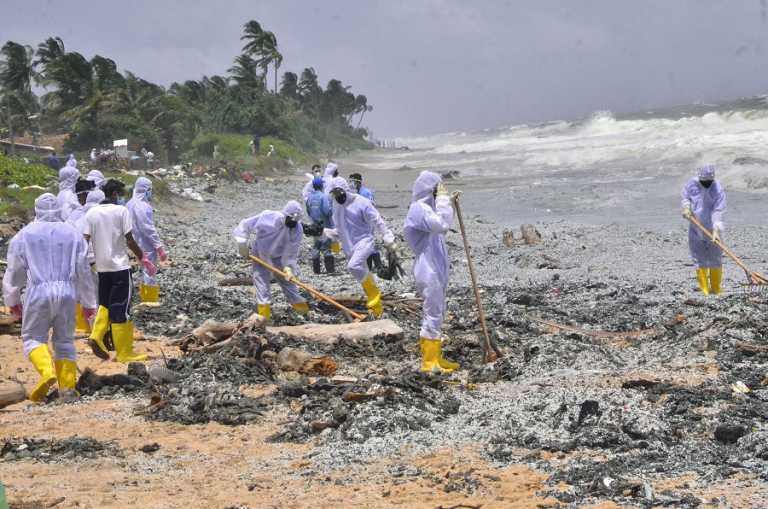 Environmental activists condemned the failure of the Sri Lankan government and its agencies in addressing “the environmental damage and damage to livelihood of fishermen” caused by the X-Press Pearl disaster in May.
Environmental activists condemned the failure of the Sri Lankan government and its agencies in addressing “the environmental damage and damage to livelihood of fishermen” caused by the X-Press Pearl disaster in May.